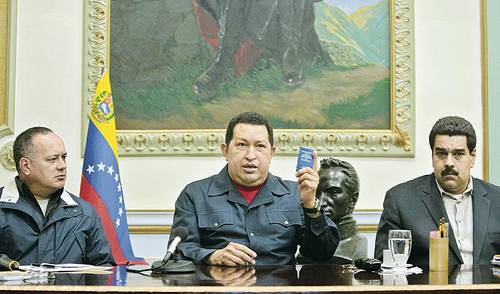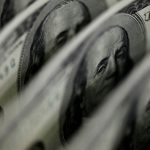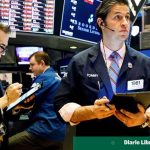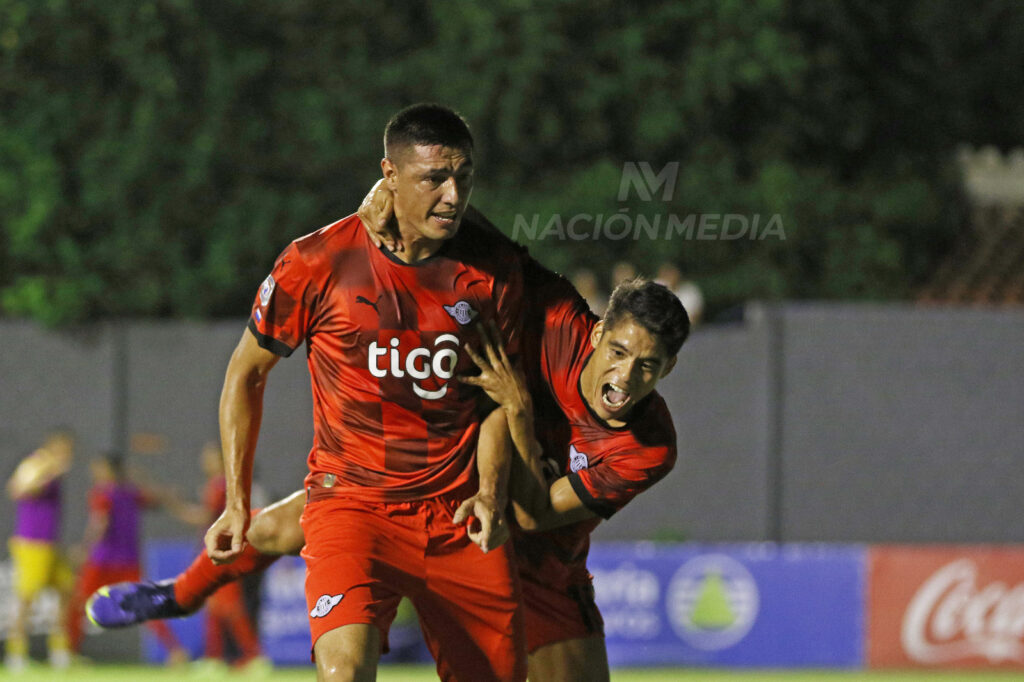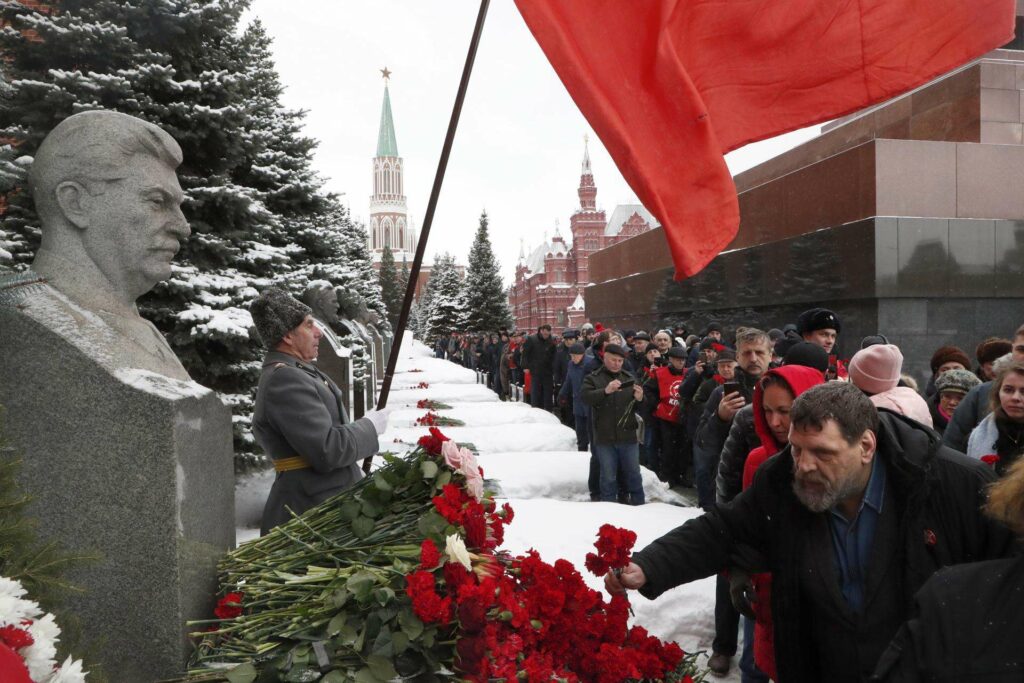▲ Chávez, flanked by the head of the National Assembly, Diosdado Cabello (left), and his vice president and successor, Nicolás Maduro, in Caracas on December 8, 2012.Afp photo
Newspaper La Jornada
Sunday March 5, 2023, p. 4
Subjected to more than 900 sanctions, with assets frozen for 34 billion dollars and income losses that exceed 230 billion dollars, the Bolivarian Republic of Venezuela maintains its battle to preserve the revolution promoted by Commander Hugo Chávez and that decades US siege forces and their allies have failed to defeat.
Afflicted by cancer detected two years earlier, Chávez told his people in December 2012 that his firm opinion, full as the full moon
is that Nicolás Maduro be elected in elections in the event that some supervening circumstance arises that disables me to continue as head of the presidency
.
Maduro temporarily assumed office after the death of his mentor and overwhelmingly triumphed in elections held in April of that year.
After accusing, without evidence, that the 2018 electoral contest in which Nicolás Maduro won a new term was fraudulent, the opposition appointed the leader of the National Assembly, Juan Guaidó, as legitimate president
the following January, an appointment without constitutional value, but which was immediately recognized by the United States and some 50 nations.
Three months later, after failing mobilizations that included the attempt to enter by force humanitarian aid
Supplied by Washington and a tour of Latin American nations then ruled by the right, Guaidó, along with a small group of soldiers, failed to overthrow Maduro.
International support was accompanied by an increase in sanctions. Furthermore, Guaidó took control of the assets blocked abroad due to the punitive measures against the Bolivarian Republic, and appointed managing boards
for the state oil company PDVSA, its US subsidiary Citgo and the Central Bank, parallel to the constitutional government.
He looked at the gold reserves. Government and opposition have been facing each other since 2019 in a judicial saga over access to 31 tons of gold, valued at more than 900 million dollars, guarded in the Bank of England vaults for years.
The British justice ruled last July that the reserves must be delivered to the opponents; However, the Bolivarian government stated that it intended to sell part of these resources to finance the coronavirus emergency and reinforce the health system deteriorated by years of economic crisis.
Foreign support for Guaidó was diluted. Although the Joe Biden administration maintained the line of his predecessor Donald Trump of recognizing the interim government
sent delegates to meet with Maduro amid the crisis unleashed by the sanctions applied against Russia after its invasion of Ukraine, while governments in Latin America, such as Argentina, Brazil and Colombia, turned to the left.
The Maduro government and the opposition, which recently resumed formal negotiations in Mexico, signed a first agreement last December to release some 3 billion blocked dollars in order to use them in social projects.
Washington eased his siege. Chrevon was authorized to resume its activities in the four joint ventures it has with PDVSA, although the Treasury Department clarified that the Venezuelan state company should not receive income from sales of the US company.
By last November, Venezuela produced 693,000 barrels of oil per day (bpd), according to figures from the Organization of Petroleum Exporting Countries.
Its oil reserves, the largest in the world, amount to 270,703 million barrels of crude, of which 2 million correspond to wet gas, 76 million to condensed crude, 1,609 million to light crude, 1,202 million to medium crude, 8 thousand 299 million to heavy and 259 thousand 515 million to extra heavy, according to PDVSA.
Last January and given its inability to assume the reins of power, the opposition decided to eliminate the figure of the interim government
headed by Guaidó. We are not giving up. we are being realistic
said former deputy Tomás Guanipa then.
The members of the National Assembly elected in 2015, whose mandate has already expired, decided instead to remain and appoint a commission that will define the fate of the 34 billion dollars from Venezuela blocked.
The pressure is maintained, even from forums of the United Nations Organization. Caracas questioned these days the impartiality of the International Criminal Court, whose prosecutor’s office, with proven links to non-governmental organizations
investigates the Maduro government for alleged crimes against humanity.
Precisely before the UN Human Rights Council, Venezuela accused that has been the target of 927 unilateral coercive measures and other criminal and illegal, direct and indirect measures
, which have prevented the nation from receiving 232 billion dollars. Its annual oil revenues, which reached 56 billion a year, fell to 700 million dollars, which in Maduro’s words is a public financial hecatomb
.
Venezuela faces the onslaught of hegemonic countries
that use unilateral coercive measures such as political and economic weapons
against countries and against anyone who does not share their expansionist intentions
Foreign Minister Yván Gil said this week.
(With information from Ap, Afp, Reuters, Sputnik and Xinhua)
